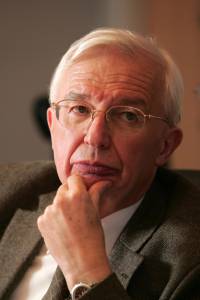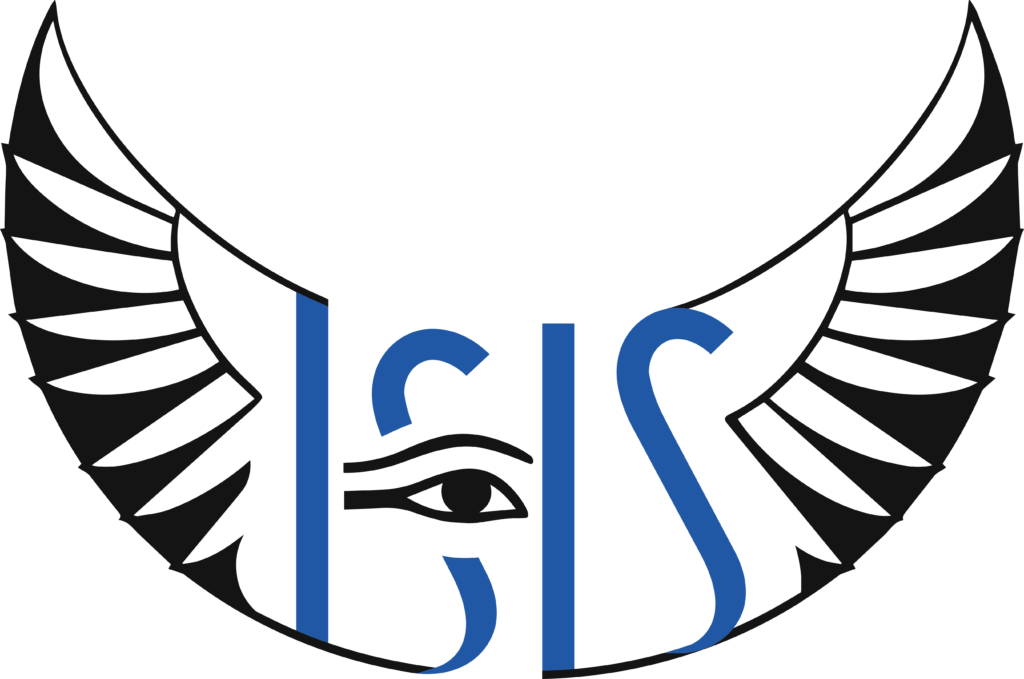Jean-Marie Lehn studied at the Faculty of Science at the University of Strasbourg, graduating in 1960 with a degree in physics. He then became a CNRS research trainee in Guy Ourisson's laboratory, then a research associate (1962). In 1963, he obtained a doctorate in science from the University of Strasbourg with a thesis on the nuclear magnetic resonance of triterpenes. After a stay in the United States, he became a senior lecturer in the Faculty of Science at the University of Strasbourg in 1966. By then he was already a research fellow.
He was appointed full professor in 1970.
From 1980 to 2010, he was a professor at the Collège de France in Paris, holding the chair of chemistry of molecular interactions.
In 1968, his research led to the development of cage-like molecules with a cavity into which another chemical species of appropriate size and shape could be inserted, like a key into a lock. This marked the start of his work on the chemical basis of ‘molecular recognition’ (i.e. the property of a receptor molecule to recognise and retain a substrate), which also plays an important role in biological processes.
These studies earned him the 1987 Nobel Prize in Chemistry, shared with Donald J. Cram and Charles Pedersen, as well as a large number of national and international distinctions and awards: the CNRS Gold Medal in 1981 and the Royal Society Davy Medal in 1997.
The work of Jean-Marie Lehn and his team has gradually led to the definition of a new field of chemistry, which he has proposed to call supramolecular chemistry, because it is concerned with complex entities formed by the association of two or more chemical species linked together by intermolecular forces, whereas molecular chemistry studies the properties of entities constructed from atoms linked by covalent forces.
Starting with molecular recognition, its research has broadened to encompass catalysis and supramolecular transport processes. It has also extended to the design of molecular components as the basis for molecular electronics and photonics.
Another area of development concerns the design of ‘programmed’ systems capable of self-organisation by spontaneous assembly of suitable components into well-defined supramolecular architectures.
He is a member of the Académie des Sciences, the Académie des Technologies and many other international academies (see below). In September 2006, he was appointed a member of the French High Council for Science and Technology.
See also his Wikipedia page.



![[Translate to English:] Fondation Jean-Marie Lehn](/websites/_processed_/9/4/csm_logo-fondation-lehn_24043a5484.png)
![[Translate to English:]](/websites/_processed_/7/4/csm_signature-federation-chimie-uar2042_8414e733c6.png)
![[Translate to English:]](/websites/_processed_/8/8/csm_logo-europe_567626666f.jpg)
![[Translate to English:]](/websites/_processed_/e/0/csm_logo-grand-est_d7796e66f0.png)